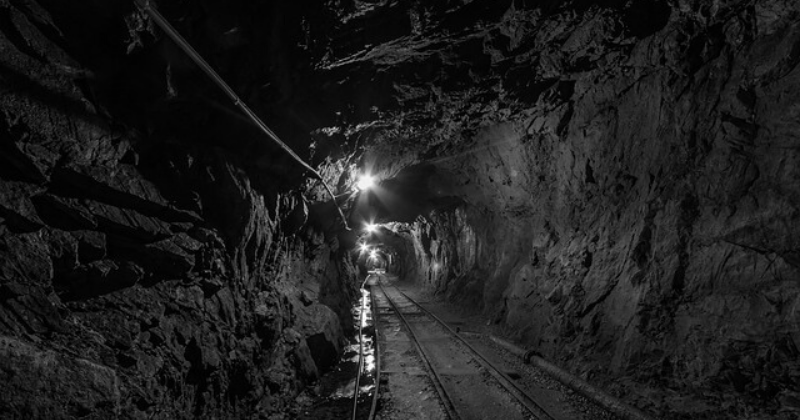Background to the legislation
Kenya intends to overhaul its mining laws currently contained in the Mining Act (Cap 306 of the Laws of Kenya) by passing the Mining Bill, 2014 that is currently being debated in Parliament. The Mining Bill, if passed in its current form, will introduce a range of new provisions among them being those on local content.
Principal objectives of local content regulations in the mining sector
Currently, the Mining Act does not make provision for local content. The rationale behind local content in the proposed Mining Bill lies in the need to develop the economy of a host nation and its surrounding region through mining activities.
(a) Local Equity Participation
The Mining Bill states that where a company whose planned capital expenditure is over the prescribed limit it shall, within 4 years after obtaining a mining licence, offload at least 20% of its equity at a local stock exchange. It should be noted, however, the Cabinet Secretary may extend the required period if he deems it fit after consulting with the National Treasury.
(b) Preference for Local Product
The Mining Bill requires for mineral right holders who are in the conduct of prospecting, mining, processing, refining and treatment operations, or any other dealings in minerals, to give preference to the maximum extent possible to:
- materials and products made in Kenya;
- services offered by Kenyan citizens; and
- companies or businesses owned by Kenyan citizens.
(c) Employment
As a general requirement, mineral right holders will be under an obligation to give preference to Kenyan citizens when it comes to employment. The Mining Bill provides that before one is granted mineral rights in Kenya, one will be required submit for approval to the Cabinet Secretary responsible for mining a detailed programme for the recruitment and training of citizens of Kenya. This is aimed at ensuring skills transfer to and capacity building for the citizens.
The Cabinet Secretary will be required to make regulations to provide for:
- the replacement of expatriates;
- the number of years such expatriates shall serve;
- the number of expatriates per capital investment; and
- the collaboration and linkage with universities and research institutions to train citizens.
It is important to note that the Bill has categorized mining activities into large scale operations and small scale operations. Mineral rights for small scale operations will only be granted or be entitled to Kenyan citizens or a body corporate wholly owned by Kenyan citizens. On the other hand, when it comes to large scale operations, a holder of a mineral right will be required to:
- only engage non-citizen technical experts in accordance with such local standards for registration as may be prescribed in the relevant law;
- work at replacing technical non-citizen employees with Kenyans, within such reasonable period as may be prescribed by the Cabinet Secretary in charge of mining;
- provide a linkage with the universities for purposes of research and environmental management;
- where applicable and necessary facilitate and carry out social responsibility to the local communities; and implement a community development agreement
It is important therefore that interested parties confirm from the outset whether their mining activities would fall under large scale of small scale operations in order to be in a position to ensure compliance as the requirements for approvals in each of these operations are different.





